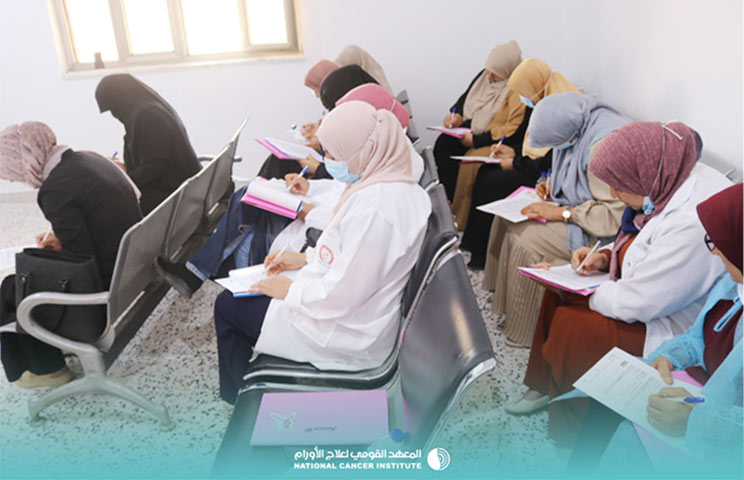More
15 February 2023
Performance of standardised colposcopy to detect cervical precancer and cancer for triage of women testing positive for human papillomavirus: results from the ESTAMPA multicentric screening study
In a new analysis, researchers from the International Agency for Research on Cancer (IARC) and partner institutions present the first major evaluation of colposcopy as triage for women who test positive for human papillomavirus (HPV). The study was published in The Lancet Global Health.
The findings are part of the Estudio Multicéntrico de Tamizaje y Triaje de Cáncer de Cuello Uterino con Pruebas del Virus del Papiloma Humano (ESTAMPA) study, led by IARC scientists, which aims to evaluate the performance of different screening and triage techniques to detect cervical precancer and cancer, and to inform the implementation of HPV-based programmes in low- and middle-income countries.
The study team recruited about 42 500 women aged 30–64 years over a 9-year period (2012–2021) at 12 study centres in 9 countries in Latin America (Argentina, Bolivia, Colombia, Costa Rica, Honduras, Mexico, Paraguay, Peru, and Uruguay). Women who tested positive for HPV were referred for colposcopy using a standardized protocol that included mandatory biopsy of observed acetowhite lesions, endocervical sampling in women with a type 3 transformation zone, and colposcopy-guided treatment.
Participants without high-grade disease were tested again for HPV 18 months later, and those who tested positive were referred for colposcopy with biopsies and treatment as needed. Among 4499 women who tested positive for HPV, cervical intraepithelial neoplasia grade 2 (CIN2) was detected in 300, CIN3 in 616, and cancer in 53. The results show a sensitivity of colposcopy for detection of CIN3 or worse of 91.2% and a specificity for less than CIN2 of 50.1%.
This study demonstrates that colposcopy with proper standardization of the protocol can be successfully optimized to triage HPV-positive women. In the context of the World Health Organization (WHO) global strategy to accelerate the elimination of cervical cancer as a public health problem, this result reinforces recent WHO recommendations on the use of colposcopy as triage for HPV-positive women.
The ESTAMPA study is a historic effort in a region that is very heterogeneous in terms of access to health, health investment, policies, culture, and geography, among other factors. This study directly contributes to improving the clinical management of HPV-positive women screened in different scenarios and may lead to the revision of colposcopy practice guidelines worldwide.
Valls J, Baena A, Venegas G, Celis M, González M, Sosa C, et al.
Performance of standardised colposcopy to detect cervical precancer and cancer for triage of women testing positive for human papillomavirus: results from the ESTAMPA multicentric screening study
Lancet Glob Health, Published online 14 February 2023;
https://doi.org/10.1016/S2214-109X(22)00545-9
Watch the video “IARC ESTAMPA study and cervical cancer in Latin America”
Watch the video “Cervical cancer screening and HPV testing in Latin America”
Other news

IARC at the International Congress on Occupational Health 2024
Researchers from the International Agency for Research on Cancer (IARC) will present during the 3...
26.04.2024
Read more

IARC Director addresses policy-makers and health workers in Brazil to mark 50 years of FOSP
Dr Elisabete Weiderpass, Director of the International Agency for Research on Cancer (IARC), will...
25.04.2024
Read more

Breast cancer early detection: training of master trainers in Libya
About 50 nurses and midwives from the main polyclinics in Misrata, Libya, have been trained on th...
25.04.2024
Read more